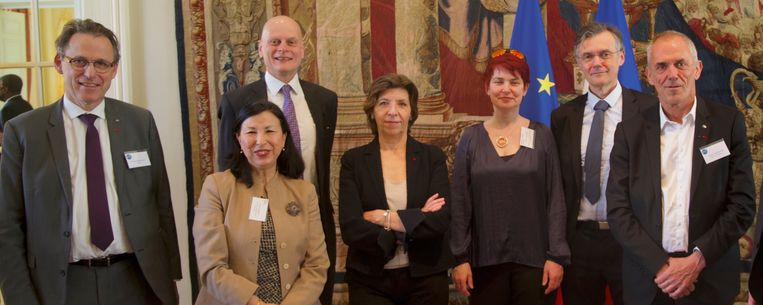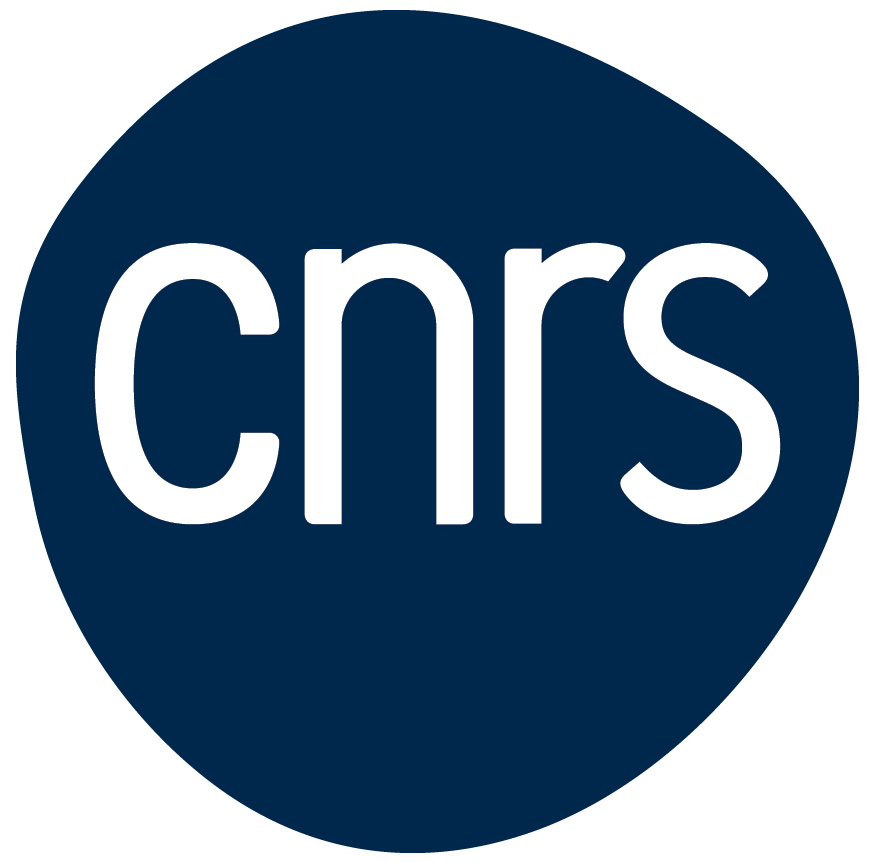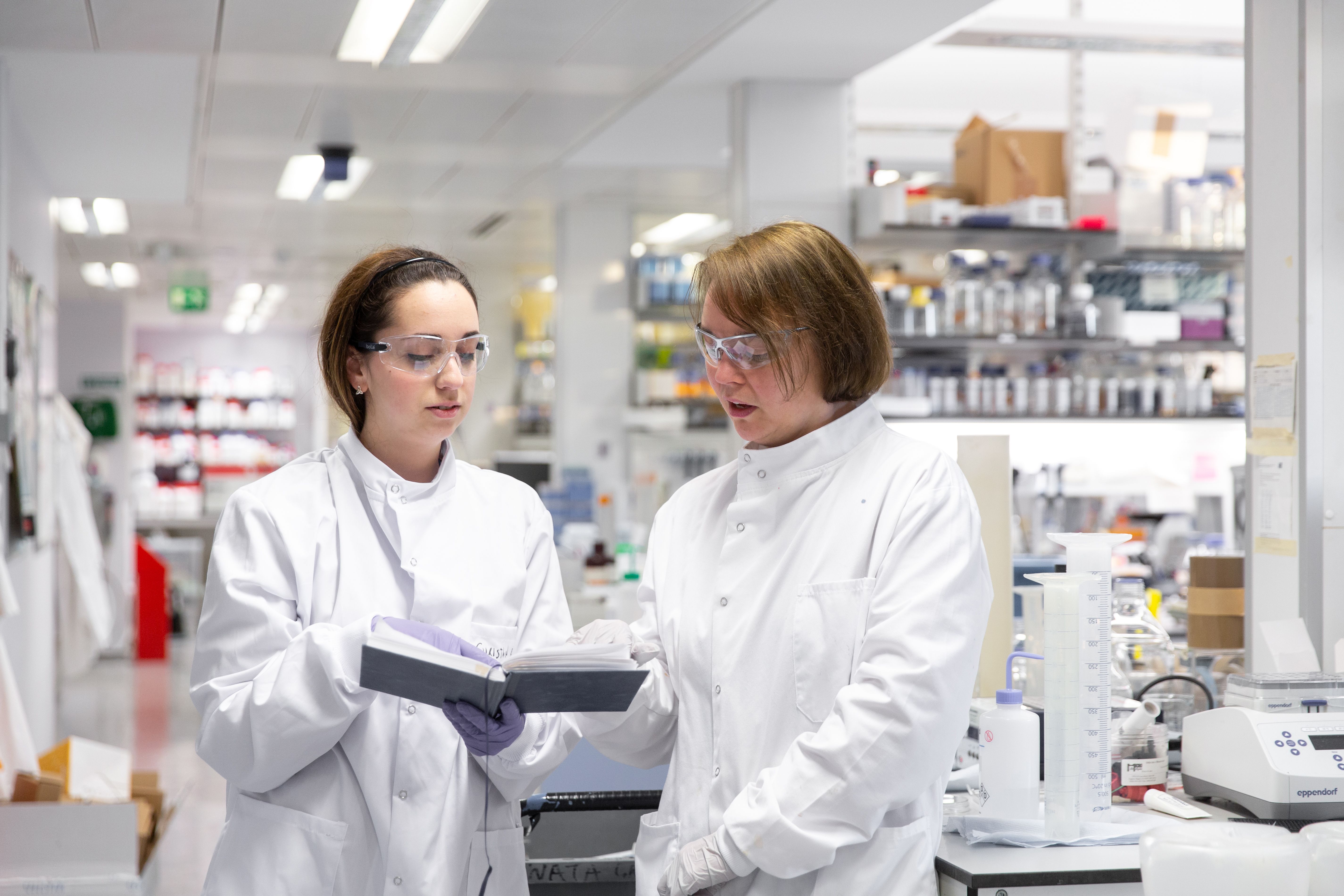CNRS, the largest fundamental science agency in Europe, and Imperial College London launched an institutional partnership in 2018, building on strong research collaborations in place between individual researchers and larger research groups, in particular those in Mathematics and quantitative sciences. In 2018 a joint CNRS-Imperial laboratory – the Abraham de Moivre International Research Lab (IRL) in Mathematics, was established, which now serves as a hub for collaborations between the French and UK mathematics communities. This was CNRS’s first international joint research unit in the UK, and it has since hosted dozens of French mathematicians, organised workshops, published research papers and collaborated with other fields such as physics, computer science, biology, economics and social sciences.
From 2018 to present, collaboration has increased, and we now have four formal CNRS collaboration mechanisms in place:
- The Abraham de Moivre International Research Laboratory in Mathematics
- The joint PhD programme
- Imperial as the UK lead in the Quantum Fields and Strings International Research Network
- The International Research Project in Integrative Metabolism
Based on the strength of our existing collaborations, and seeing the opportunity to do more, especially to address United Nations Sustainable Development Goals, the CNRS-Imperial IRC in Transformational Science and Technology was launched in April 2022.
The IRC will be a hub for cross-disciplinary collaboration across both institutions, with an emphasis on harnessing the technologies of the fourth industrial revolution to support the UN Sustainable Development Goals (SDGs).
The SDGs address interlinked crises like climate change, biodiversity loss, and pollution, together with the economic and social fragility they cause. They are critical to address challenges in public health and pandemic preparedness. They are essential frameworks to guide the development of science, technology, engineering and medicine from theoretical research through to applications.
Digital technologies and innovation have a key role to play by enabling and accelerating our efforts to achieve these goals. Our collaboration will build on complementary French and UK strengths in Mathematical Sciences, Internet of Things (IoT), artificial intelligence (AI), data sciences, and engineering systems. These present new opportunities to reconsider values, to gain knowledge and to better address global challenges, to make our societies smart, resilient, sustainable and healthy.
The IRC aims to do the following:
- Promote international collaboration and exchange to conduct research and training of the highest academic quality, especially where science and technology come together to address societal global challenges and United Nations Sustainable Development Goals (SDGs). The IRC seeks to broaden and extend existing official CNRS-Imperial collaborations in place and also to scope and support new areas of collaboration.
- Support early career researcher training for PhD students and post-doctoral researchers. This includes providing international experience for graduate students from Imperial and French academic CNRS partners that will enhance their scholarly training and prepare them for their academic career.
- Facilitate the creation of international networks for CNRS and Imperial researchers, as well as for faculty and graduate students of Imperial and CNRS’ research and academic partners;
- Foster the bringing together of teams with a view to setting up projects within the framework of the Horizon Europe programme
- Provide frameworks for co-creation of research and education partnerships that impact on development challenges in Lower Middle Income Countries (LMICs) and Least Developed Countries (LDCs) e.g engagement through the Horizon Europe Africa Initiative
- Provide access to complementary facilities (infrastructures, labs) and dataand both institutions
- Increase innovation connections with UK and French industry partners to enhance research impact on society


